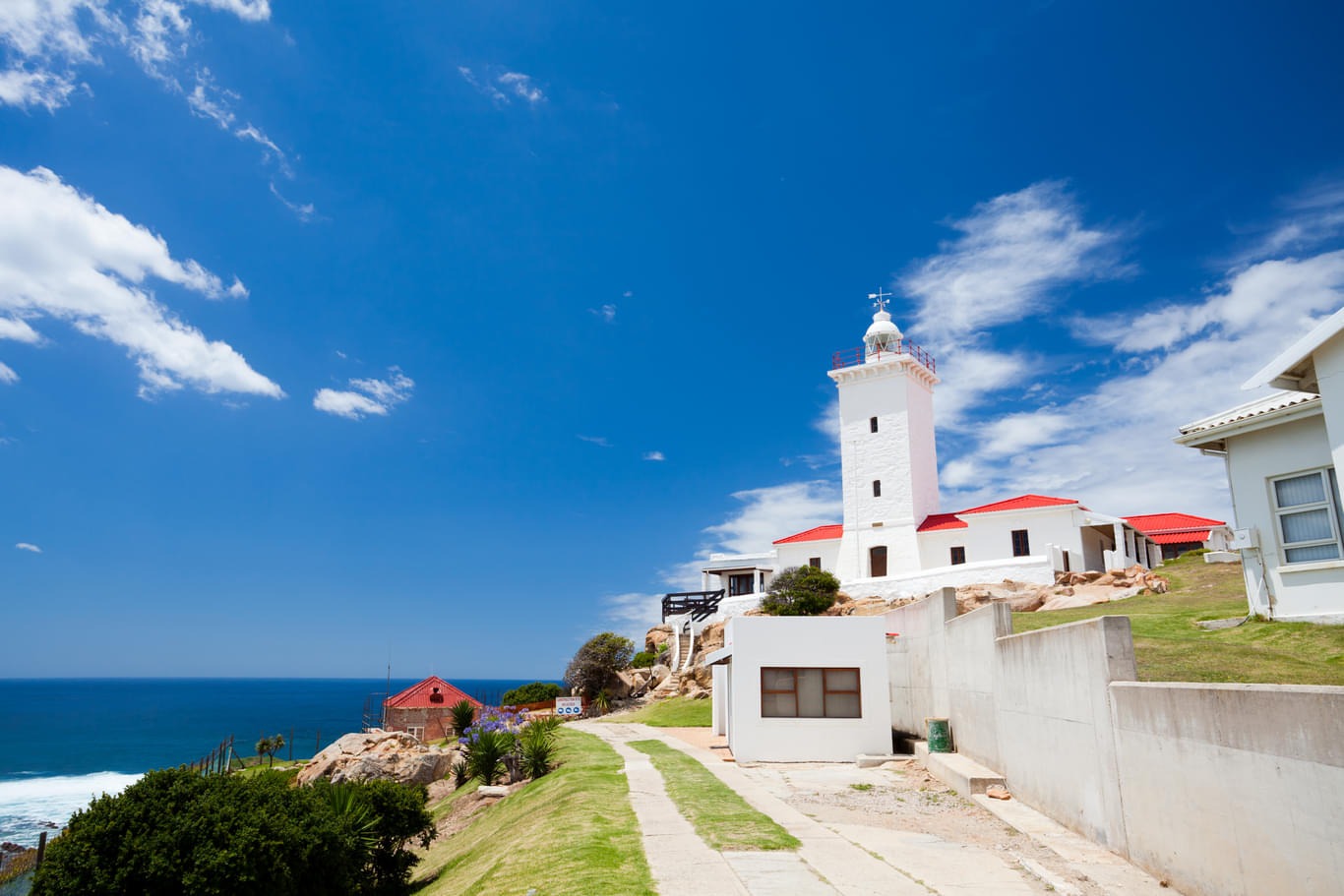South Africa is one of the world’s premier destinations for nature lovers and adventurers. Its rich landscapes, diverse wildlife, and vibrant cultures make it an ideal place for travelers seeking to connect with the environment while making a minimal impact. Eco-tourism, or sustainable tourism, in South Africa offers a unique way to explore the country’s natural beauty while preserving its ecosystems and supporting local communities.
From safaris to coastal adventures, eco-friendly travel options abound. As you plan your South African getaway, incorporating eco-conscious practices into your trip will not only enrich your experience but also contribute to the preservation of this stunning region.
Cape Town: Gateway to Sustainable Travel
Cape Town is often the starting point for travelers embarking on a South African adventure. Known for its breathtaking landscapes, like Table Mountain and the Cape Peninsula, the city has also become a hub for eco-tourism. A wide variety of Cape Town holiday packages are now designed with sustainability in mind, ensuring that travelers can enjoy the city’s beauty while minimizing their environmental footprint.
Several eco-friendly accommodations have emerged in and around Cape Town, from eco-lodges to green-certified hotels. These establishments utilize solar energy, practice water conservation, and provide recycling options to guests. Moreover, many of these accommodations support local communities through employment and by sourcing local, organic produce for their restaurants. By choosing such eco-friendly options, you can enjoy a luxurious stay while reducing your carbon footprint.
Additionally, Cape Town holiday packages often include activities that promote sustainability. Popular choices include cycling tours around the city, hiking trails on Table Mountain, and visits to local wildlife sanctuaries that focus on conservation efforts. These tours not only immerse you in the natural wonders of the area but also emphasize the importance of protecting them for future generations.
Nature Reserves and Wildlife Conservation
South Africa is renowned for its vast network of national parks and nature reserves. These protected areas offer travelers the chance to experience the country’s iconic wildlife, from the Big Five (lion, elephant, buffalo, leopard, and rhinoceros) to rare bird species, while also contributing to ongoing conservation efforts.
One of the most well-known eco-tourism destinations in South Africa is Kruger National Park. The park spans over 19,000 square kilometers and is home to an incredible diversity of wildlife. Eco-conscious travelers can choose from a variety of sustainable accommodation options, including eco-lodges and camps that operate with minimal environmental impact. Many of these establishments use renewable energy sources, conserve water, and engage in active wildlife conservation programs.
Other notable eco-tourism destinations include Addo Elephant National Park and iSimangaliso Wetland Park, both of which offer unique opportunities to explore South Africa’s biodiversity while contributing to conservation efforts. For those seeking a deeper connection with nature, many parks also offer volunteer programs where visitors can assist with wildlife research, anti-poaching initiatives, and habitat restoration.
Sustainable Safari Experiences
Safaris are synonymous with South African tourism, and many operators now offer eco-friendly alternatives to traditional safaris. These sustainable safari options allow travelers to experience the wonders of South Africa’s wildlife while minimizing their impact on the environment.
One key feature of eco-friendly safaris is the use of electric or hybrid vehicles, which produce less noise and pollution than traditional gas-powered vehicles. This not only reduces the environmental impact but also provides a more intimate experience with the wildlife, as animals are less likely to be disturbed by the quiet vehicles.
Many eco-safaris also emphasize responsible wildlife viewing practices. This means maintaining a safe distance from animals, limiting the number of vehicles in one area, and following strict guidelines to avoid disturbing natural habitats. By participating in eco-friendly safaris, you can enjoy the thrill of seeing South Africa’s wildlife up close while ensuring that their habitats remain protected.
Marine Conservation and Coastal Adventures
South Africa’s coastline is just as remarkable as its inland landscapes, offering a wealth of eco-friendly travel opportunities for those who love the sea. From the cold Atlantic Ocean in the west to the warm Indian Ocean in the east, South Africa’s marine ecosystems are home to a wide variety of species, including dolphins, whales, sharks, and penguins.
One of the most popular eco-tourism activities along the coast is whale watching. Hermanus, located just outside Cape Town, is renowned for being one of the best whale-watching spots in the world. Local operators offer eco-friendly boat tours that respect the natural behavior of the whales and follow strict guidelines to minimize the impact on these majestic creatures. Some tour companies even contribute a portion of their profits to marine conservation projects.
For a more hands-on marine conservation experience, travelers can participate in shark cage diving with eco-conscious operators. These companies prioritize ethical shark tourism, avoiding harmful practices such as baiting or chumming the water. Instead, they focus on education and research, helping travelers understand the importance of sharks in maintaining marine ecosystems.
South Africa’s coastal regions are also home to several marine conservation initiatives, such as the Dyer Island Conservation Trust, which focuses on protecting vulnerable marine species. By visiting these organizations or participating in their programs, travelers can support efforts to preserve the ocean’s delicate ecosystems.
Supporting Local Communities Through Eco-Tourism
A crucial aspect of eco-tourism in South Africa is its potential to support local communities. Many eco-lodges, tour operators, and conservation projects actively engage with nearby communities by providing employment, education, and economic opportunities. By choosing to support these initiatives, travelers can ensure that their tourism dollars contribute to the long-term sustainability of the region.
In rural areas, community-based tourism projects offer visitors the chance to experience traditional South African cultures while contributing to local development. For example, visitors can stay in eco-friendly homestays, participate in cultural tours, and learn about traditional crafts and practices. These experiences provide a unique perspective on South Africa’s diverse cultures and foster meaningful connections between travelers and local communities.
Additionally, several eco-tourism projects focus on environmental education, working with local schools and communities to raise awareness about the importance of conservation. By supporting these projects, travelers help ensure that future generations are equipped with the knowledge and skills needed to protect South Africa’s natural heritage.
How to Be a Responsible Eco-Tourist in South Africa
When planning your eco-tourism adventure in South Africa, there are several steps you can take to minimize your environmental impact and ensure that your trip is sustainable:
- Choose eco-friendly accommodations: Opt for lodges, hotels, and campsites that have eco-certifications and prioritize sustainability.
- Support local businesses: Whether you’re buying souvenirs or dining out, choose local products and services to support the local economy.
- Minimize waste: Carry reusable water bottles, bags, and utensils to reduce single-use plastic waste.
- Respect wildlife: Always follow guidelines for wildlife viewing and avoid any activities that involve disturbing or harming animals.
- Leave no trace: Whether you’re hiking, camping, or visiting natural sites, be sure to leave the environment as you found it.
By making conscious choices, you can enjoy South Africa’s natural beauty while ensuring that its ecosystems and communities thrive for generations to come.
Conclusion
Eco-tourism in South Africa offers travelers the chance to experience the country’s incredible natural beauty while making a positive impact on the environment and local communities. From Cape Town holiday packages that emphasize sustainability to safaris that prioritize conservation, there are countless ways to explore South Africa responsibly. By embracing eco-friendly travel practices, you can help protect this remarkable destination while enjoying unforgettable experiences.


